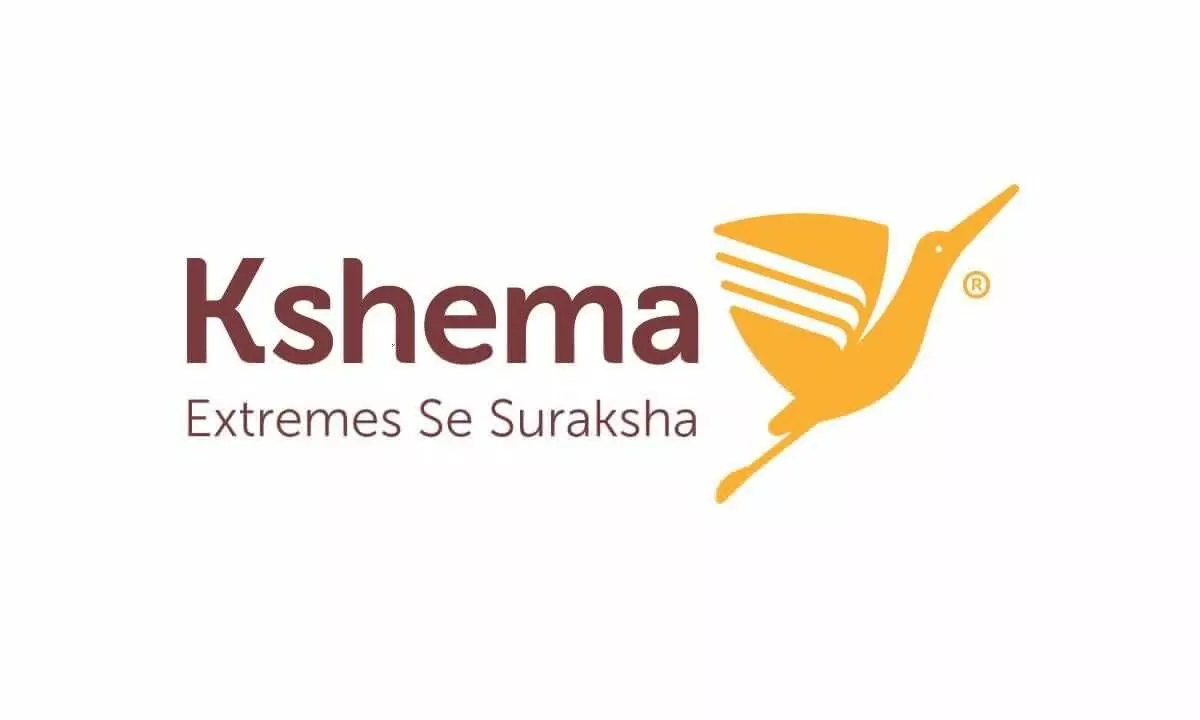Kshema General Insurance receives license, 19 pending
Even as Hyderabad based Kshema General Insurance has been given a licenses to start operations in the board meeting of IRDAI which was held on Friday, the insurance regulator IRDAI is now considering 19 more applications out of which one is expected to be approved in its next board meeting.
image for illustrative purpose

Mumbai, Nov 26 Even as Hyderabad based Kshema General Insurance has been given a licenses to start operations in the board meeting of IRDAI which was held on Friday, the insurance regulator IRDAI is now considering 19 more applications out of which one is expected to be approved in its next board meeting.
The IRDAI in its 120th board meeting on Friday has also relaxed norms for private equities' investment through Special Purpose Vehicle (SPV) and has made it optional for PE Funds enabling them to directly invest in insurance companies, providing more flexibility.
Now, subsidiary companies are also allowed to be promotors of insurance companies (subject to certain conditions).
Investment up to 25 per cent of the paid up capital by single investor (50 per cent for all investors collectively) will now be treated as 'investor' and investments over and above that will only be treated as promoter.
A new provision has been introduced to allow the promoters to dilute their stake up to 26 per cent, subject to condition that the insurer has satisfactory solvency record for preceding 5 years and is listed entity.
Indicative criteria for determination of 'Fit and proper' status of investors and promotors has been included Lock-in period of investments for investors and promotors has been stipulated on the basis of age of insure
Commenting on the development, Kamesh Goyal, Chairman, Go Digit General Insurance, says, "The new proposals approved by the IRDAI in the 120th Board Meeting is a watershed moment and will surely mark a new era for the insurance industry. Increasing the tie-up limits for corporate agents and insurance marketing firms to nine and six insurers each respectively for life, general and health insurers will give policyholders a wider choice of opting for innovative products offered by insurers and aid in the government and IRDAI's vision of accelerating insurance penetration in the country."
The amendments to regulations pertaining to dilution of promoter stake up to 26 per cent and making SPV mode for PE funds optional, too, will surely make the sector a hotbed for investments and make it more investor-friendly in the coming years, he said.
In order to enable the policyholders/prospects to have wider choice and access to insurance through various distribution channels and facilitate the reach of insurance to the last mile, the maximum number of tie ups for Corporate Agents (CA) and Insurance Marketing Firms (IMF) have been increased.
Now, a CA can tie up with 9 insurers (earlier 3 insurers) and IMF can tie up with 6 insurers (earlier 2 insurers) in each line of business of life, general and health for distribution of their insurance products. The area of operation of IMF has also been expanded to cover entire state in which they are registered.
The measures will boost innovation, competition and distribution efficiencies while mainstreaming technology and moving towards principle based regulatory regime, said the IRDAI.
The Regulatory sandbox is a framework which provides a testing environment to the companies to enable them to test their innovative products, technologies, etc., in a controlled regulatory setting.
It promotes innovation and technological solutions in the industry. Certain amendments were also carried out in the Regulatory Sandbox Regulations to allow the insurers/intermediaries to do experimentation on an ongoing basis by increasing the experimentation period from '6 months' to 'upto 36 months' and moving from the existing batch-wise (cohort approach) clearances/approvals to clearances/approvals on a continuous basis.
A provision for review of rejected applications under sandbox has also been introduced as a part of amendment
In order to facilitate ease of raising other forms of capital or subordinated debt and/or preference shares, the requirement of prior approval from IRDAI is dispensed with. The amendments have also enhanced the limits for raising such capital (threshold limits increased from 25 per cent to 50 per cent of paid up capital & premium, subject to 50 per cent of Net worth of company). This will enable companies to raise the required capital in timely manner. Amendments have been introduced for Board's Oversight in raising such capital.
To ensure sufficient supply of Actuary professionals in the industry, the experience and qualification requirements have been made flexible. Maintenance of solvency by the insurers is a critical aspect of the health of an insurer and AA play a significant role in maintaining the solvency levels.
The responsibility of AA has been enhanced by introducing provisions for identification, monitoring, reporting and recommending actions to be taken for the risks affecting the solvency position of the company.
Obligations have also been placed on insurers to ensure that the AA can discharge his responsibilities appropriately.
With an objective of facilitating the insurers to efficiently utilize their capital and resources and to increase insurance penetration in Crop Insurance, the period for considering State/Central Government premium dues for calculation of solvency position has been increased from 180 days to 365 days.
The solvency factors related to crop insurance are also reduced to 0.50 from 0.70 which will release the capital requirements for insurers by around Rs 1460 crore.

